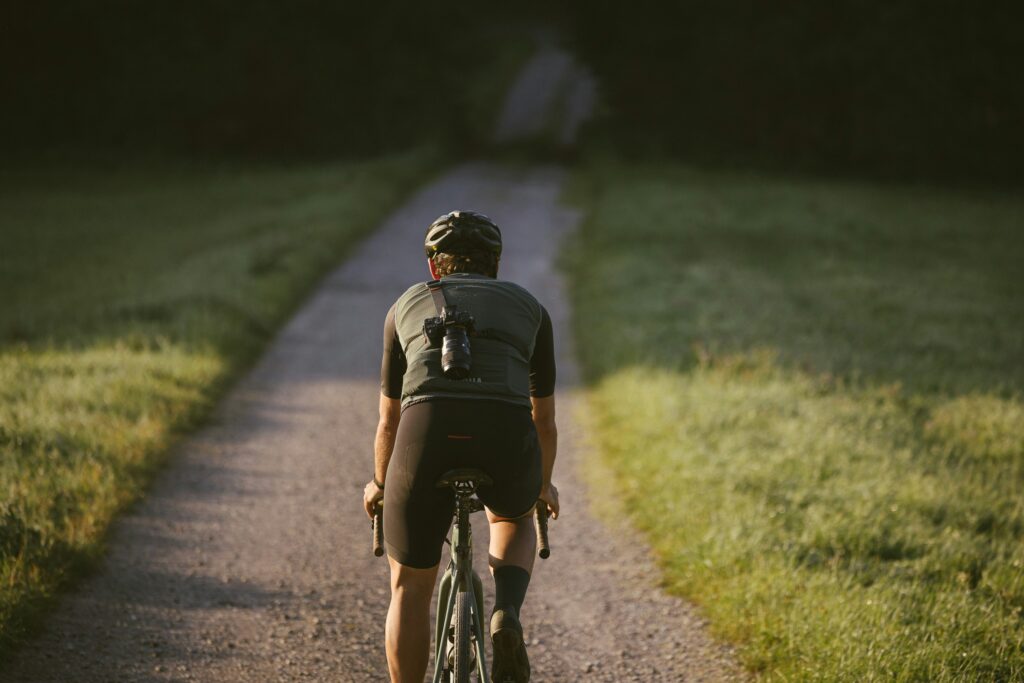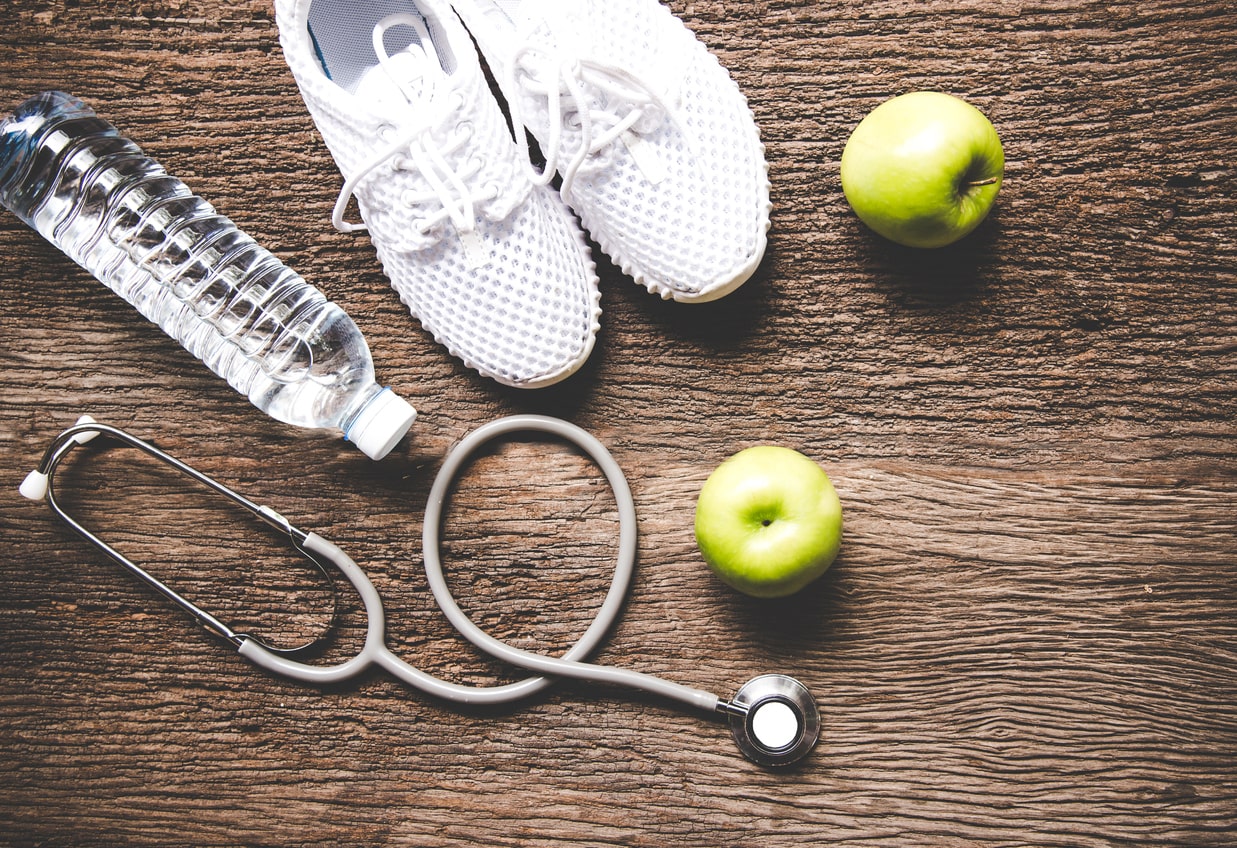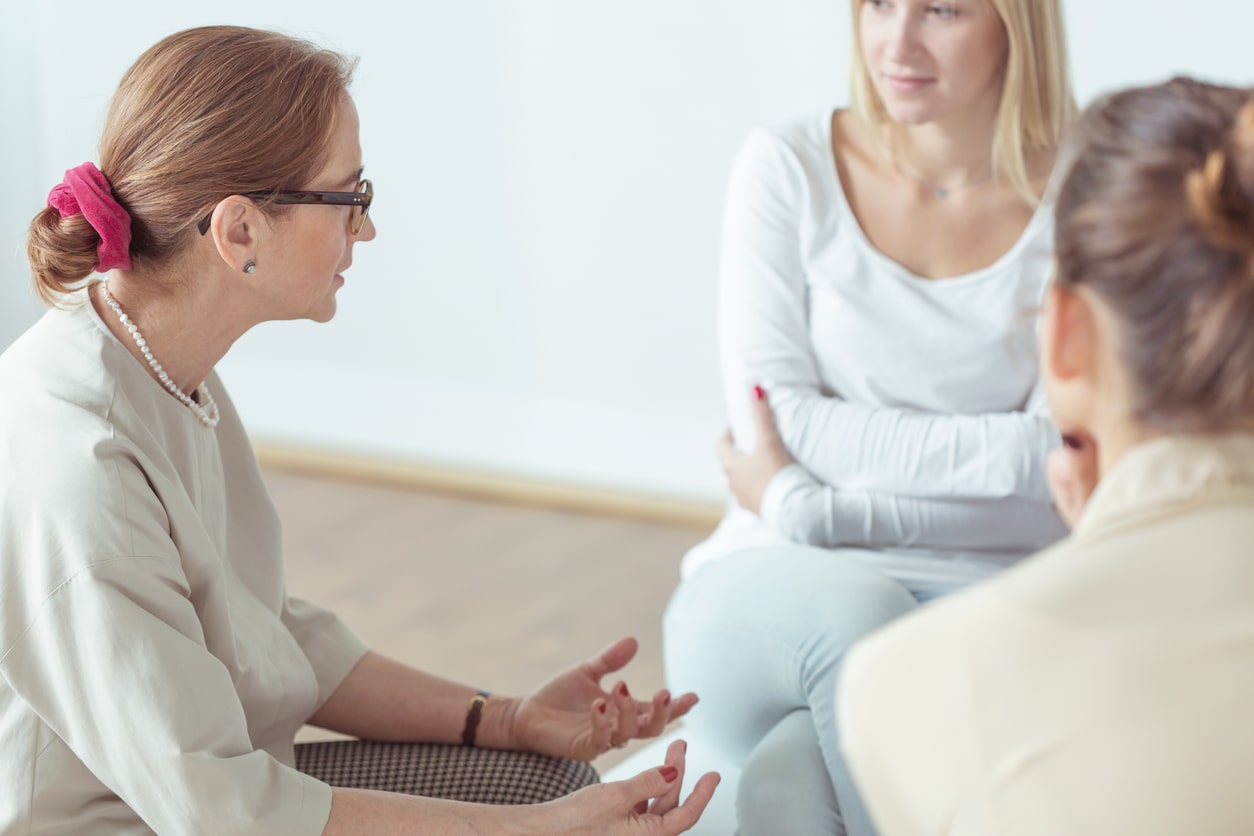Now Reading: Addiction Recovery Workshops for Families: Healing Through Shared Stories and Expert Guidance
-
01
Addiction Recovery Workshops for Families: Healing Through Shared Stories and Expert Guidance
Addiction Recovery Workshops for Families: Healing Through Shared Stories and Expert Guidance
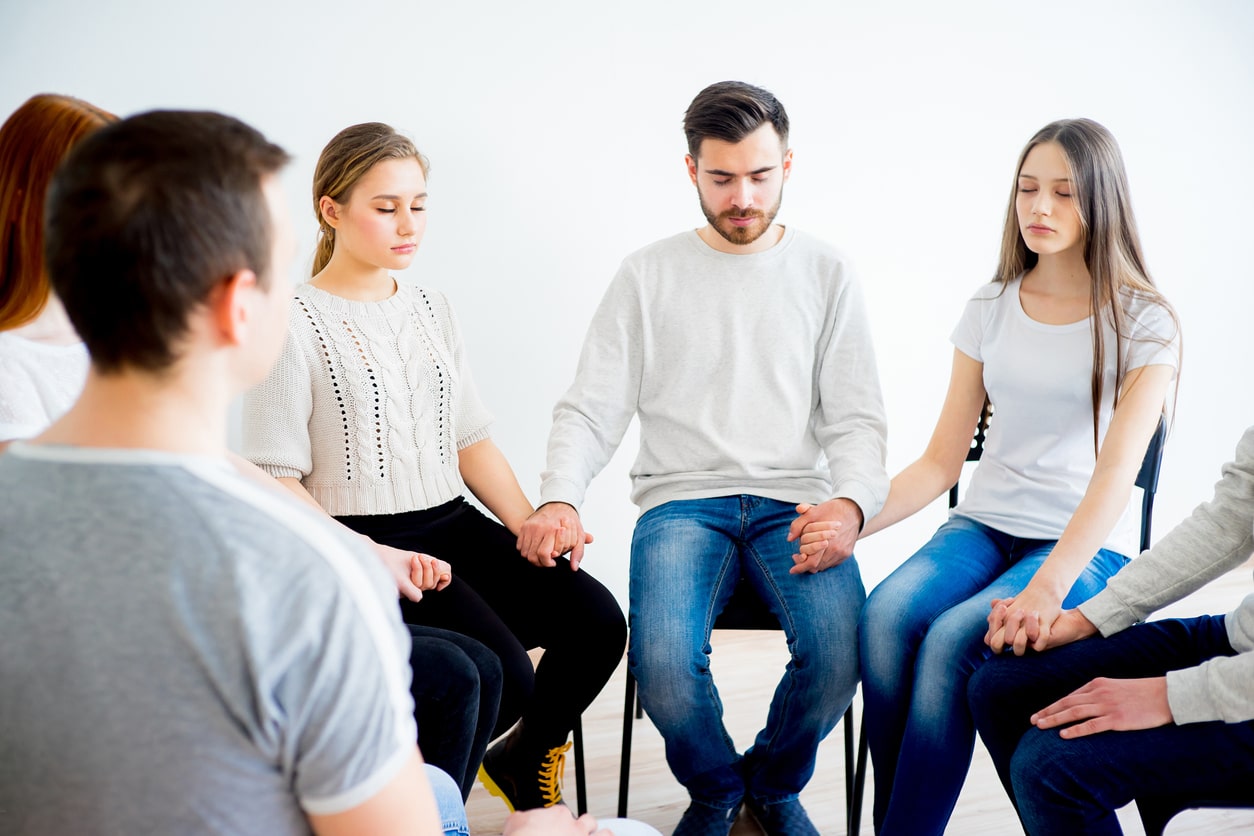
Introduction
When a loved one struggles with addiction, the entire family feels the impact. Confusion, pain, and helplessness often become part of daily life. But there is hope. Addiction recovery workshops for families offer a supportive space where loved ones can learn, connect, and heal together. These workshops combine shared experiences with expert guidance to create real transformation.
In this article, we explore how addiction recovery workshops for families help restore trust, build resilience, and encourage long-term recovery—for everyone involved.
What Are Addiction Recovery Workshops for Families?
Addiction recovery workshops for families are structured programs designed to educate, support, and empower families affected by substance use disorders. These workshops typically include:
- Educational sessions on addiction, recovery, and relapse prevention
- Group discussions that allow families to share stories and learn from one another
- Therapeutic activities like communication exercises and boundary-setting
- Expert-led presentations by counselors, psychologists, and addiction specialists
According to the National Institute on Drug Abuse (NIDA), involving family in treatment significantly improves outcomes and helps prevent relapse (NIDA, 2020).
Why Families Need Recovery Support
Addiction isn’t just an individual struggle—it deeply affects the family unit. Loved ones may experience:
- Emotional stress and anxiety
- Financial hardship
- Communication breakdowns
- Feelings of guilt, shame, or blame
Addiction recovery workshops for families give participants tools to cope, heal, and move forward. Families learn that they are not alone—and that support is both available and effective.
Key Benefits of Addiction Recovery Workshops for Families
1. Education and Understanding
Many families don’t fully understand the science behind addiction. Workshops teach about:
- The brain and addiction
- Triggers and cravings
- The recovery process and what to expect
This knowledge helps reduce judgment and builds empathy.
2. Improved Communication
Workshops provide practical tools for healthy communication. Families learn how to:
- Express concerns without blame
- Listen actively and compassionately
- Set healthy boundaries
Better communication leads to stronger relationships and emotional safety.
3. Shared Stories, Shared Strength
One of the most healing aspects of these workshops is hearing from others who have been through similar challenges. Sharing stories helps families:
- Feel less isolated
- Learn new coping strategies
- Celebrate successes and milestones together
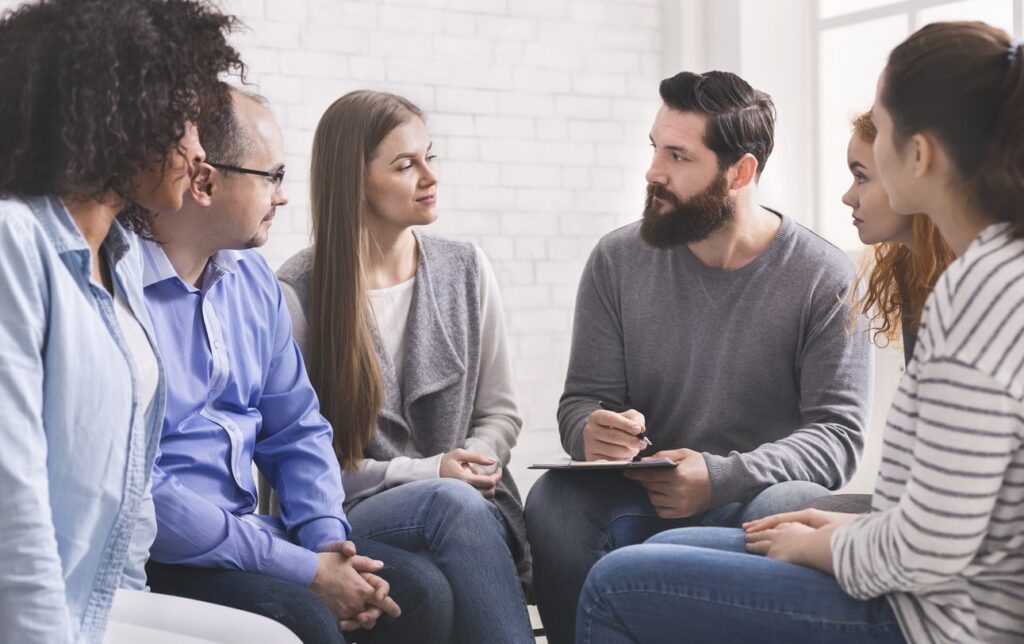
4. Support for Self-Care
Family members often neglect their own well-being while caring for a loved one. Workshops emphasize the importance of:
- Rest and relaxation
- Therapy and counseling
- Hobbies and personal goals
When family members take care of themselves, they can better support their loved one in recovery.
5. Professional Guidance
Experts lead families through evidence-based practices. They offer:
- Insights into family dynamics
- Tools for conflict resolution
- Tips for navigating setbacks and relapse
Having trained professionals involved builds confidence in the recovery process.
Real-Life Impact: A Family’s Story
Sarah, a mother of two, joined an addiction recovery workshop when her teenage daughter entered rehab. She was scared, confused, and unsure how to help. Through the workshop, Sarah learned about addiction, communication strategies, and the importance of letting go of guilt.
“I thought I had to fix everything. But I learned that being present, setting boundaries, and trusting the process is what my daughter needed most.” – Sarah
Sarah now volunteers at her local recovery center, supporting other parents.
What to Expect at a Workshop
Every workshop is different, but most include:
- Daily or weekly group sessions (in person or online)
- Guest speakers from the recovery community
- Interactive exercises to build trust and resilience
- Resource guides for continued support
Some programs also offer family weekend intensives, which provide immersive healing experiences over several days.
How to Find Addiction Recovery Workshops for Families
You can find these workshops through:
- Local treatment centers
- Nonprofit organizations like Al-Anon, Nar-Anon, or SMART Recovery
- Community health clinics
- Online platforms offering virtual sessions
Start by calling your local recovery center or visiting reputable websites like:
Tips for Getting the Most Out of a Workshop
- Be open: Sharing your story can feel uncomfortable, but it’s healing.
- Ask questions: Don’t hesitate to seek clarity or more information.
- Practice what you learn: Apply new tools at home for lasting change.
- Keep showing up: Healing takes time, and consistency builds progress.
Conclusion
Addiction recovery workshops for families are powerful tools for healing, education, and connection. They help families move from pain and confusion to hope and empowerment. By sharing stories, learning from experts, and building community, families can play an active role in recovery.
If your family is navigating the challenges of addiction, consider joining a workshop. The path to healing doesn’t have to be walked alone.
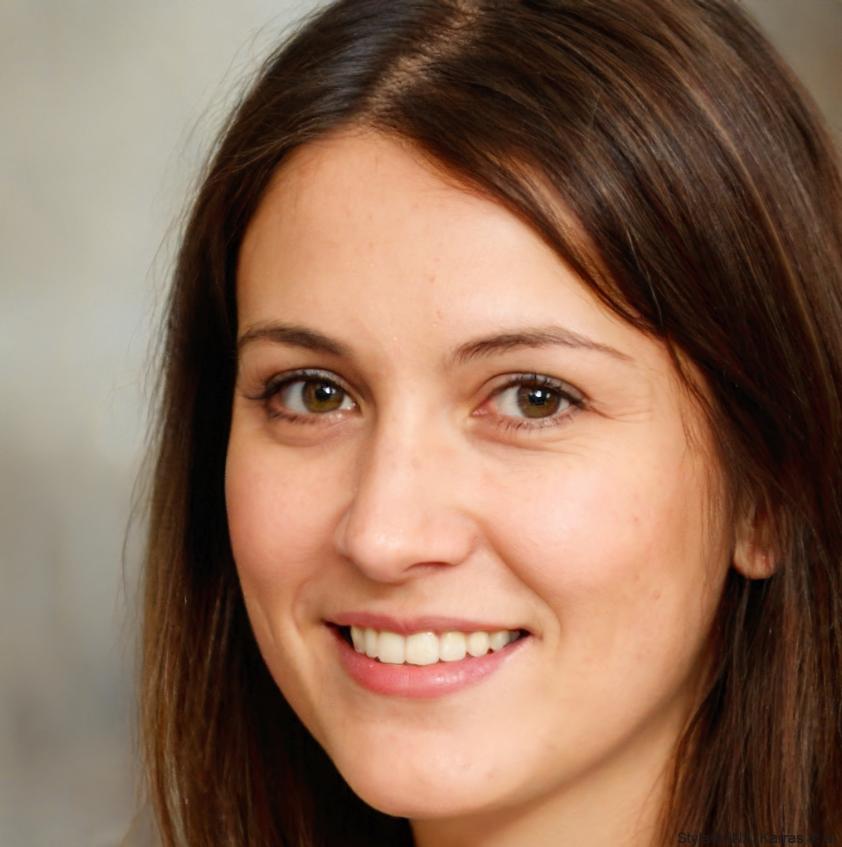
Hi, I’m Brittany Larsen, a passionate blogger and content creator dedicated to writing meaningful and engaging articles. I specialize in topics like mental health, wellness, and personal development, aiming to inspire and empower my readers through relatable stories and practical advice.













